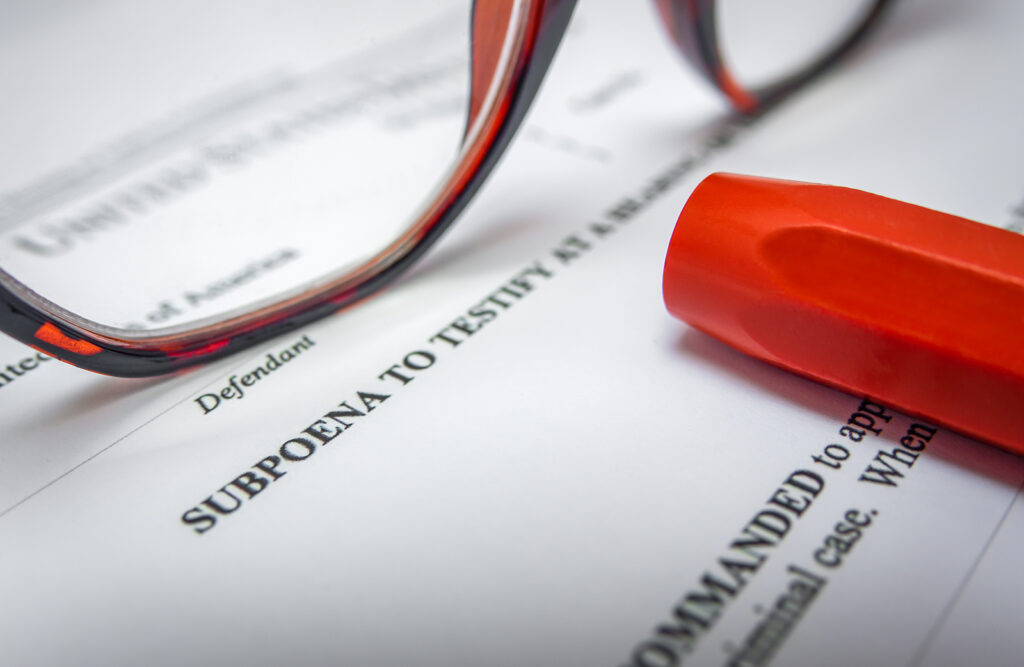Being called to be a trial witness can be an intimidating experience. As the witness, you are expected to provide accurate and relevant testimony that is crucial to the outcome of a trial. It’s important to understand your role as a witness and prepare accordingly in order to present yourself accurately on the stand.
Here we will discuss five tips for preparing to be a trial witness: understanding your role, researching criminal law, knowing what questions you may face, learning how prosecutors think, and consulting with an experienced criminal lawyer. With these tips in mind, you can ensure that your testimony is effective and make sure justice is served!

How to Be a Good Trial Witness
1. Understanding Your Role: As a trial witness, you are expected to provide accurate and relevant testimony that is pertinent to the case. You should make sure you understand your role as a witness before entering the courtroom and be aware of what information is necessary for the proceedings.
2. Researching Criminal Law: Trial witnesses are expected to have knowledge of criminal law. For this reason, it’s important to research criminal law before entering the courtroom. This can help you understand the legal process and make sure that your testimony is accurate and relevant.
3. Knowing What Questions You May Face: Trial witnesses may be asked a variety of questions pertaining to the case. It’s important to be prepared for these questions and understand the potential implications of your answers.
4. Learning How Prosecutors Think: Trial witnesses need to have an understanding of how prosecutors think in order to present their testimony effectively. It’s helpful to familiarize yourself with prosecutorial strategies before entering the courtroom so you can better anticipate what questions you may face.
5. Consulting With an Experienced Criminal Lawyer: Trial witnesses should consult with an experienced criminal lawyer before entering the courtroom. A lawyer can provide you with legal advice and prepare you for the potential questions that may be asked of you during your testimony.
Talk to a Criminal Lawyer in Indianapolis for More Trial Advice
By following these five tips, trial witnesses can ensure that their testimony is effective and make sure justice is served. Trial witnesses should understand their role, research criminal law, know what questions they may face, learn how prosecutors think, and consult with an experienced criminal lawyer in order to present themselves accurately on the stand. By prepping ahead of time, trial witnesses can better represent themselves and help bring about a just outcome. Speak to a criminal lawyer in Indianapolis for further trial guidance and assistance.
Are you ready to beat or reduce your current criminal charges in Indiana? Contact Attorney David E. Lewis at 317-636-7514 to speak with a seasoned criminal defense lawyer in Indianapolis, Indiana. Our law firm will get you the best possible outcome to your criminal case!
Related Posts:
The Pros and Cons of a Jury Trial
What You Need to Know About Receiving a Notice of Deposition
What to Do if Asked to Be Interviewed for a Criminal Case



